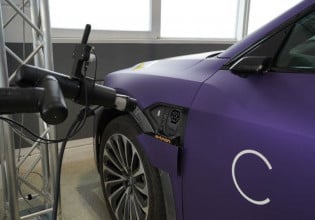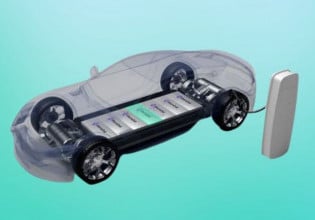The Dangerous Goods Panel (DGP) of the International Civil Aviation Organization (ICAO) has voted to allow passengers to carry and use micro fuel cells and methanol fuel cartridges on-board airplanes to power laptop computers and other consumer electronic devices. When formally adopted, the regulation will go into effect on January 1, 2007, with publication of ICAO's Technical Instructions for the Safe Transport of Dangerous Goods by Air. The ICAO DGP action would allow passengers to carry micro fuel cells in the cabin only -- and not stowed in checked baggage -- along with up to two spare fuel cartridges per person. The passenger allowance covers four types of micro fuel cell systems, those using direct methanol fuel cells, reformed methanol fuel cells, and fuel cells powered by formic acid and butane fuels. The DGP did not act on proposals to include the use of hydrogen in metal hydrides and borohydride compounds.
"This is a critical milestone in the global commercialization of micro methanol fuel cells," said Methanol Institute President and CEO John Lynn. "Strict air transport regulations will deliver safe and reliable methanol fuel cartridges into consumers' hands. In a few short years, we expect methanol fuel cartridges to be as commonplace as 'AA' batteries on store shelves in every corner of the world."
Last year, the United Nations DGP established model regulations for cargo shipping methanol fuel cartridges for micro fuel cell devices. Another key step facilitating the ICAO DGP's approval was the adoption of a design and performance specification in October by the International Electrotechnical Commission.
"This positive vote from ICAO DGP is an important step in allowing our firect-methanol fuel cell products to enter into the consumer market, and further validates our vision that methanol micro fuel cells will lead the powering of portable electronics," said MTI MicroFuel Cells Inc. CEO William Acker. "This effort is the culmination of the diligent work of the Methanol Institute, MTI MicroFuel Cells, and our industry partners."






